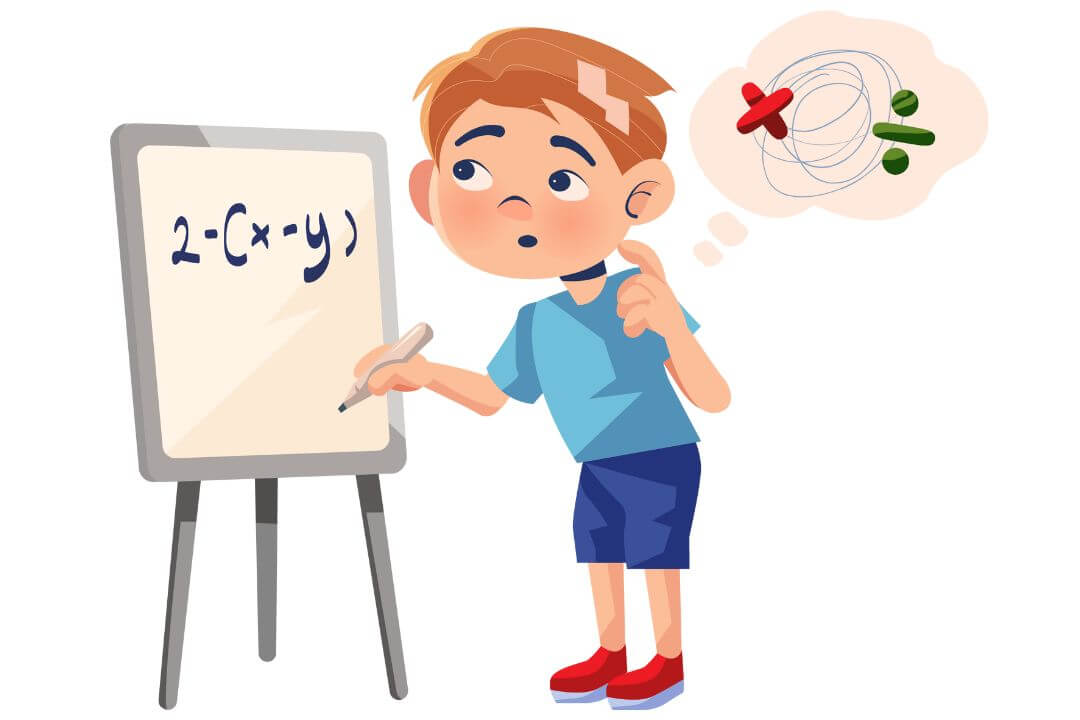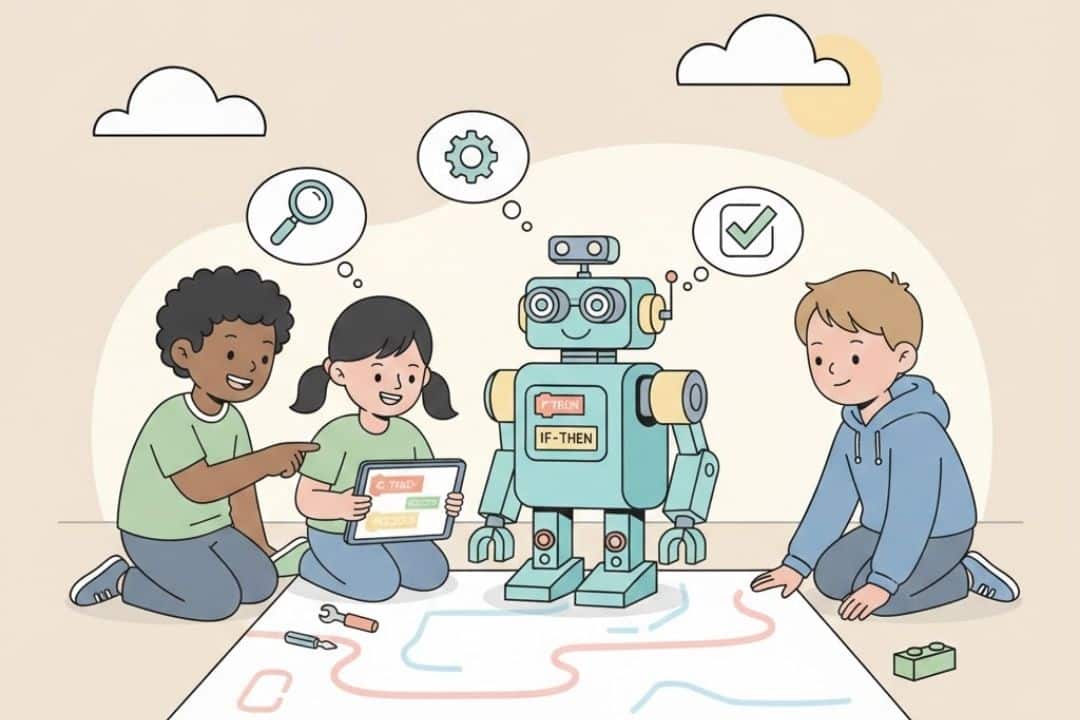Critical thinking involves analyzing information, asking questions, and finding solutions. Instead of simply memorizing facts, young thinkers learn to evaluate situations, consider different perspectives, and make reasoned choices.
By fostering critical thinking in children, parents and educators prepare them to face challenges creatively and logically. These skills benefit children not only in academics but also in everyday problem-solving and decision-making.
Practical Tips to Develop Critical Thinking in Young Thinkers
1. Encourage Curiosity and Questions
Young thinkers are naturally curious. Support this by encouraging them to ask “why,” “how,” and “what if” questions. When children question the world around them, it sparks critical thinking and helps them understand cause-and-effect relationships.
✅ Example: If your child asks why the sky is blue, explore the answer together by reading or watching educational videos. Turn it into a discovery journey!
2. Promote Open-Ended Play
Open-ended play encourages imagination and problem-solving. Toys like LEGO, building blocks, and pretend play sets allow young thinkers to experiment, create, and explore different possibilities.
✅ Example: Provide a pile of blocks and challenge your child to build the tallest tower. When it falls, ask them why it happened and how they can make it sturdier.
3. Solve Everyday Problems Together
Involve your child in everyday decision-making to build their problem-solving skills. Whether planning a family outing or deciding what to cook, give them opportunities to weigh options and justify their choices.
✅ Example: Ask your child to help you choose the best route to the grocery store using a map or GPS. Discuss which path might be faster or more scenic.
4. Play Critical Thinking Games
Games are a fantastic way to engage young thinkers. Choose puzzles, memory games, or strategy games that require them to think ahead, solve problems, and make decisions.
✅ Example: Board games like Chess, Checkers, or even Tic-Tac-Toe build logic and reasoning skills. You can also try interactive online games designed to enhance critical thinking.
5. Encourage Storytelling and Role-Playing
Storytelling enhances creative thinking while helping young thinkers explore perspectives and emotions. Encourage your child to create stories with multiple scenarios and different endings.
✅ Example: Provide your child with character toys and ask, “What happens next?” Let their imagination guide the narrative while encouraging them to explain their choices.
6. Model Critical Thinking
Children learn by observing adults. Demonstrate how you think through decisions by verbalizing your thought process. Whether you’re solving a minor household issue or making a financial decision, explain the factors you consider.
✅ Example: Say, “I’m trying to decide whether we should have pasta or rice for dinner. Pasta is quicker, but rice is healthier. What do you think?”
Final Thoughts
Nurturing critical thinking skills in young thinkers sets the stage for lifelong learning and confidence. By encouraging curiosity, supporting problem-solving, and making everyday activities opportunities for growth, you empower your child to become an independent thinker.
At OhmsKids Coding, we’re passionate about helping young thinkers develop these essential skills through fun, interactive learning experiences. Enroll your child in our classes today and watch their critical thinking abilities flourish!





